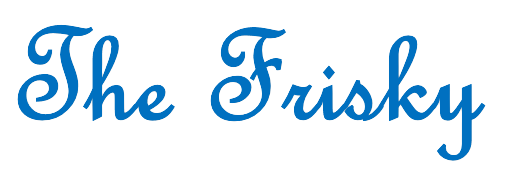What is optimization in search engine

Search engine optimization (SEO) is the process of improving the visibility of a website or a web page in search engines via the “natural,” or un-paid search results. In general, the earlier (or higher ranked on the search results page), and more frequently a site appears in the search results list, the more visitors it will receive from the search engine’s users. SEO may target different kinds of search, including image search, local search, video search, academic search, news search and industry-specific vertical search engines.
Relationship with search engines
By 1997, search engines recognized that webmasters were making efforts to rank well in their search engines, and that some webmasters were even manipulating their rankings in search results by stuffing pages with excessive or irrelevant keywords. Early search engines, such as Altavista and Infoseek, adjusted their algorithms in an effort to prevent webmasters from manipulating rankings
Due to the high marketing value of targeted search results, there is potential for an adversarial relationship between search engines and SEO service providers. In 2005, an annual conference, AIRWeb, Adversarial Information Retrieval on the Web, was created to discuss and minimize the damaging effects of aggressive web content providers.
Getting indexed
The leading search engines, such as Google, Bing and Yahoo!, use crawlers to find pages for their algorithmic search results. Pages that are linked from other search engine indexed pages do not need to be submitted because they are found automatically. Some search engines, notably Yahoo!, operate a paid submission service that guarantee crawling for either a set fee or cost per click.
Such programs usually guarantee inclusion in the database, but do not guarantee specific ranking within the search results.[30] Two major directories, the Yahoo Directory and the Open Directory Project both require manual submission and human editorial review.[31] Google offers Google Webmaster Tools, for which an XML Sitemap feed can be created and submitted for free to ensure that all pages are found, especially pages that aren’t discoverable by automatically following links
Preventing crawling
To avoid undesirable content in the search indexes, webmasters can instruct spiders not to crawl certain files or directories through the standard robots.txt file in the root directory of the domain. Additionally, a page can be explicitly excluded from a search engine’s database by using a meta tag specific to robots. When a search engine visits a site, the robots.txt located in the root directory is the first file crawled.
The robots.txt file is then parsed, and will instruct the robot as to which pages are not to be crawled. As a search engine crawler may keep a cached copy of this file, it may on occasion crawl pages a webmaster does not wish crawled. Pages typically prevented from being crawled include login specific pages such as shopping carts and user-specific content such as search results from internal searches. In March 2007, Google warned webmasters that they should prevent indexing of internal search results because those pages are considered search spam
Increasing prominence
A variety of methods can increase the prominence of a webpage within the search results. Cross linking between pages of the same website to provide more links to most important pages may improve its visibility.[35] Writing content that includes frequently searched keyword phrase, so as to be relevant to a wide variety of search queries will tend to increase traffic.
Updating content so as to keep search engines crawling back frequently can give additional weight to a site. Adding relevant keywords to a web page’s meta data, including the title tag and meta description, will tend to improve the relevancy of a site’s search listings, thus increasing traffic. URL normalization of web pages accessible via multiple urls, using the canonical meta tag[36] or via 301 redirects can help make sure links to different versions of the url all count towards the page’s link popularity score.





